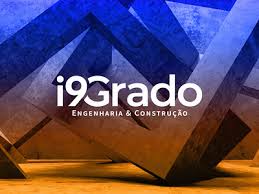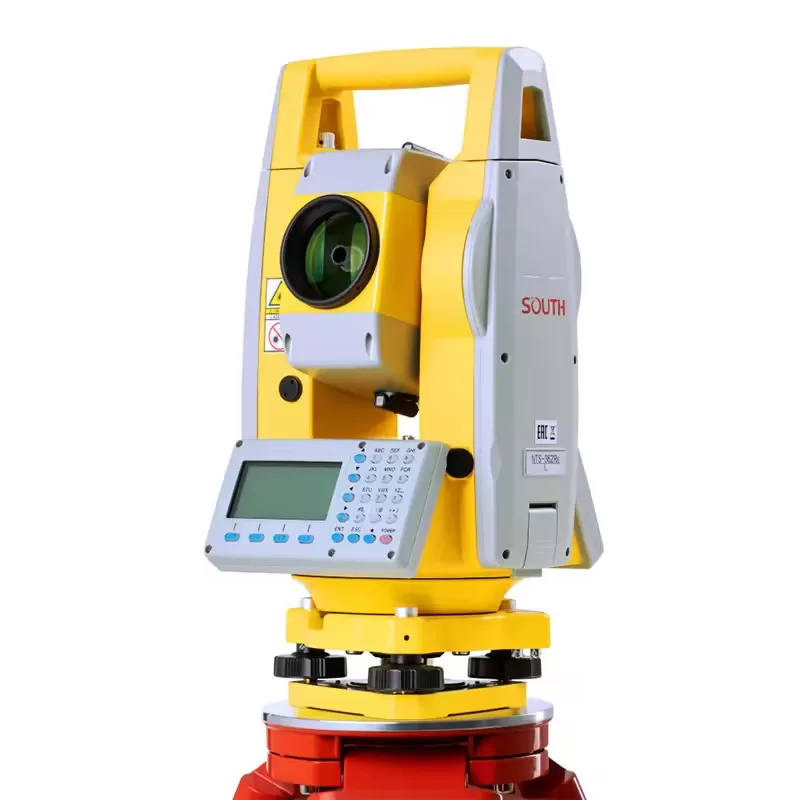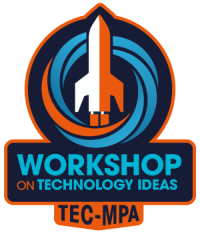- Teacher: Catherine Omwenga
mongina.gnomio.com
-
Welcome to your new Gnomio site
Now, you are in control!
Moodle is an open-source Learning Management System (LMS) that provides educators with the tools and features to create and manage online courses. It allows educators to organize course materials, create quizzes and assignments, host discussion forums, and track student progress. Moodle is highly flexible and can be customized to meet the specific needs of different institutions and learning environments.
Moodle supports both synchronous and asynchronous learning environments, enabling educators to host live webinars, video conferences, and chat sessions, as well as providing a variety of tools that support self-paced learning, including videos, interactive quizzes, and discussion forums. The platform also integrates with other tools and systems, such as Google Apps and plagiarism detection software, to provide a seamless learning experience.
Moodle is widely used in educational institutions, including universities, K-12 schools, and corporate training programs. It is well-suited to online and blended learning environments and distance education programs. Additionally, Moodle's accessibility features make it a popular choice for learners with disabilities, ensuring that courses are inclusive and accessible to all learners.
The Moodle community is an active group of users, developers, and educators who contribute to the platform's development and improvement. The community provides support, resources, and documentation for users, as well as a forum for sharing ideas and best practices. Moodle releases regular updates and improvements, ensuring that the platform remains up-to-date with the latest technologies and best practices.
Links of interest:
(You can edit or remove this text)
Available courses

Summary
-
Designs and analyzes structures to ensure they are safe, stable, and strong.
-
Focuses on buildings, bridges, towers, and similar structures.
-
Involves load analysis, material selection, and construction oversight.
-
Uses design principles of safety, serviceability, and economy.
-
Relies on engineering software for modeling and analysis.
- Teacher: Catherine Omwenga

Surveying and Levelling Summary
Surveying is the process of measuring and mapping the positions, distances, and angles between points on the Earth’s surface. Levelling is a branch of surveying focused on determining the elevation of points relative to a datum or reference level. Together, they are essential for planning and executing construction, mapping land, and ensuring structures are built accurately. Key tools include the theodolite, level instruments, chains, and tapes. Methods involve linear and angular measurements, as well as calculations to produce maps, plans, and profiles.
- Teacher: Catherine Omwenga

Summary of Workshop Technology
Workshop Technology is the study of the tools, equipment, methods, and processes used in workshops for manufacturing, fabrication, and repair work. It provides knowledge about how raw materials are shaped and assembled into finished products using various machines and hand tools.
- Teacher: Catherine Omwenga